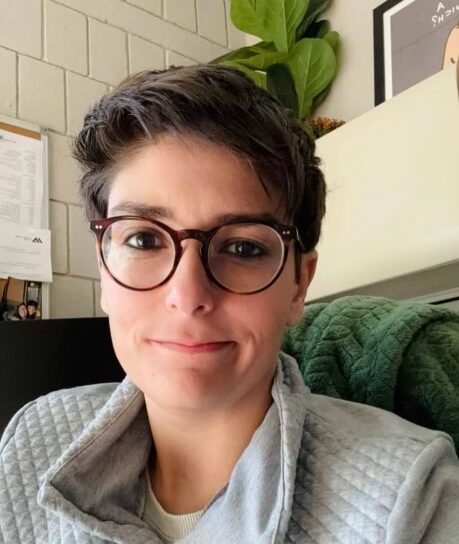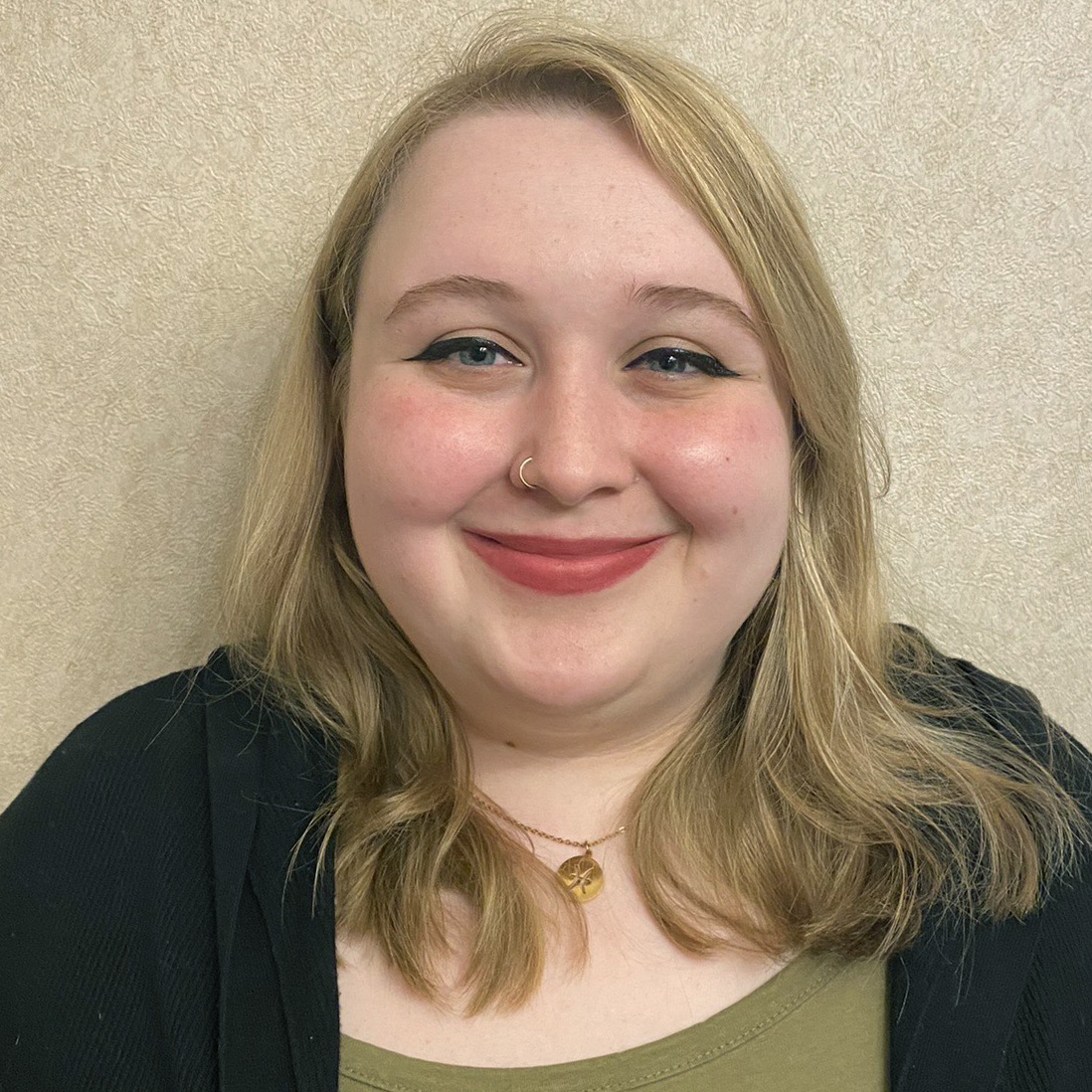Message from the Director: Vision, aims, goals
Greetings, PsyD students and community!
I hope you are all enjoying the lightness and brightness spring brings.
I am writing to you to provide an update on what has been happening behind the scenes these past two years in the program as well as the direction the program is moving towards.
As program director for the doctoral program for the past two years, I have been diligently working to push the program forward in ways that are responsive to the students, the faculty, the public, and our Detroit metro community. As a program, we have a responsibility in educating psychologists today who will transform our world tomorrow.
The program aims to meet our mission by instilling values such as resourcefulness, accountability, personal responsibility, integrity, and humility in our students. As educators, we should teach students how to think, not what to think.
May 15, 2024

Dr. Danielle Balaghi
I believe in communicating with intention, checking our assumptions, and being thoughtful in how we relate to each other. I believe in cultural and academic humility, remaining open to experiences, thoughts, and opinions that may push you, challenge you, and change you.
My vision for the program includes a belief in education that promotes self-determination (Ryan & Deci, 2012), which encompasses autonomy, competency (including self-efficacy), and relatedness. Self-determination theory is a pedagogical theory with partial roots in humanistic psychology and lends itself well to our values. I would like to continue to actualize MSPs values:
We respect every person, period.
We value genuine relationships.
We practice what we teach.
We believe in every person’s power to grow.
Student-centered learning, something that goes hand-in-hand with self-determination theory, is something that I believe MSP does well. I envision the program continuing to promote student ownership and agency, collaborative learning, experiential learning, and differentiated (and personalized) teaching that promotes competency in skills using a developmental approach. I believe student-centered learning also centers on holding students to high expectations because we believe students can meet them. I also believe that our faculty are exceptional and will always strive to meet students where they are at. For more information on student-centered learning, please see: https://files.eric.ed.gov/fulltext/ED581111.pdf.
I envision the doctoral program continuing to strive towards cultural humility and respecting every person. Period. As director, I have aimed to help promote more culturally sensitive practices at the program and classroom level. I have advocated for more microaggression training for faculty, which we received in March, and advocated for an institutional response to the Middle East. My work on the Institutional Equity and Anti-Racism Committee (IEARC) has also continued to push the institution forward. I led the IEARC in creating a five-year diversity, equity, and inclusion (DEI) strategic plan and helped to facilitate the creation and dissemination of the climate survey. While I will be stepping down as chair of the IEARC this upcoming year, I aim to complete one last initiative before stepping down, which is to help the IEARC implement a land acknowledgment done with care and in a non-performative way.
I envision a program that continues to be responsive and sensitive to the barriers in admissions, challenging the structural racism embedded in our nation’s education system. Under my leadership, the program has changed some of our admissions policies and processes to be more culturally sensitive and responsive. Before my leadership, the GRE was still required for admission to the doctoral program, which proved to be a barrier to higher education, especially when recruiting applicants from historically under-represented groups. Due to our understanding that a GRE requirement can perpetuate systematic racism, we moved to make the GRE optional. The doctoral program also voted to institute an appeals process for prospective students whose undergraduate or master’s GPA does not meet the GPA cut-offs for admission to the program, allowing for greater flexibility and the understanding that sometimes extenuating circumstances occur, and we believe in a person’s power to grow. The admissions process has also changed, with increased student voice (input), revised questions, and a more anchored evaluation system, minimizing potential bias in admissions.
My approach as director has been intentional, from curriculum changes to relationships. The curriculum changes that have been made were in response to student needs and APA’s guidance on ensuring our curriculum is cumulative, sequential, and graded in complexity.
I have aimed to promote more communication between faculty and staff and have advocated for faculty and students. I have aimed to promote more of a community within our program through program events, semester celebrations, lunch with the directors, or faculty “meet-and-greets.” To promote greater relationships across cohorts, I implemented a Mentoring Program for students this year, which I believe has been successful. I believe these endeavors speak to my commitment to promoting genuine relationships.
I support the doctoral faculty so that they can continue to practice what they teach. I have worked closely with the faculty to provide mentorship and facilitate opportunities that may aid their work in the classroom. An example of this has been communicating with the registrar about the need for faculty training around ADA compliance, accommodations, and the related processes/procedures. Something I highly value and will continue to advocate for is faculty autonomy, faculty voice, and academic freedom.
Lastly, this year, we submitted our self-study for APA reaccreditation, which was no easy feat. It was a collaborative effort amongst faculty and staff—highlighting our strengths—and showing that we can come together to get the job done. I am confident our work on the self-study will result in a positive evaluation from APA and continued accreditation.
Looking forward, as director, I would like to continue to support the program’s responsiveness to student needs, such as continuing towards becoming more trauma-informed. The program is currently changing the annual review process for students, making it clearer and more thorough; I believe that feedback is done out of respect for the student and the profession. I believe growth happens when one creates an environment that removes the fear around feedback. Similarly, I aim to change the Educational/Clinical Development Plans (EDP/CDPs) process, making it more collaborative, measurable, and clear. I aim to work with clinical training to continue to fine-tune our practicum experiences and CCE process and ensure our practicum experiences are meeting student needs and setting them up for future success. Lastly, I aim to lead us through our APA site visit and reaccreditation.
With all the work students and faculty have done, I am confident in the program’s direction.
Make no mistake, there is MUCH work to be done to keep actualizing our values and our mission; however, through the strength of our community and our amazing and kind students, faculty, and staff, I am confident we WILL!
In community,
Dr. Balaghi
Dr. Danielle Balaghi is the PsyD program director at MSP. Click here to learn more about Dr. Balaghi.
